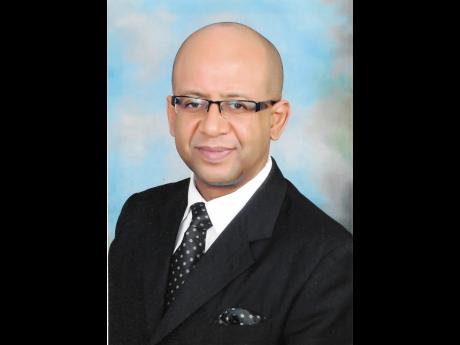Immigration Corner | Refusal for British citizenship
Dear Mr Bassie,
Can you tell me how decisions are arrived at with respect to applications for British citizenship? I really would like to have a better understanding as I made an application and it has been refused.
K.V.
Dear K.V.,
The British nationality law, which is contained mainly in the British Nationality Act 1981, sets out the requirements for becoming a British citizen. It is intended to ensure that those who wish to apply for British citizenship have established appropriate connections with the United Kingdom.
Most refusals of citizenship could be avoided if applicants had ensured, before applying, that they understood and satisfied the legal requirements. However, in a very few cases, refusal might be due to official error. If an applicant is not successful, the letter which gave the decision on the application should explain the reason why it was refused. While there is no legal right of appeal or review of nationality decisions, persons may ask for it to be reconsidered if they disagree with the reason for refusal. There is a small charge for reconsideration which will be returned, less the citizenship ceremony fee, where appropriate, if the decision is reversed and the application is approved.
Applications for British citizenship can be categorised into two types. The first are entitlements to register as a British citizen and these include all applications from adults who already hold some sort of British nationality to apply for British citizenship. It also includes applications from minor children under the age of 18 years and who have British parents or who were born in the United Kingdom and are eligible to apply for British citizenship.
The second group are those applicants who are applying for discretion to naturalise or those children who do not have an entitlement to apply but have established enough connections with the United Kingdom to comply with the Home Secretary's policy on the exercise of discretion to grant citizenship to minors. The British authorities will carry out enquiries in all cases to ensure that the requirements are met.
Where the character requirement applies, checks are made with relevant government agencies who share information with the authorities about applicants. For most citizenship applications, the Home Secretary must be satisfied that the applicant is of good character. The policy on the application of the good character requirement is contained in the nationality staff instructions. While the policy is not an inflexible rule, the Home Secretary would not normally grant citizenship where there is a good character requirement and where the applicant has an unspent conviction. In assessing the seriousness of criminal convictions, the British authorities are bound by the decision of the court as it is deemed that any mitigation will already have been considered by the court as part of sentencing.
'Entitlement to register'
'Entitlement to register' applications are checked to ensure that the applicants' circumstances match the requirements for registration. As there is no discretion to disregard the requirements, applications are refused if the requirements are not satisfied.
The British authorities also carry out checks to ensure that the supporting evidence has not been forged or fraudulently obtained. Where false documents have been produced the application will be refused and the matter will be referred for possible prosecution. If documents cannot be verified or the applicant cannot prove their entitlement, then the application will be refused. Please be aware that the authorities have stated that there must be no doubt that a proper legal entitlement exists. Where the entitlement depends on the applicant holding no other nationality, that is he/she is not a dual citizen, there must be convincing evidence that another nationality is not held.
With respect to applications made at the Home Secretary's discretion to naturalise adults or register minors, decisions are made on those applications once enquiries have been completed and enquiries are carried out in all cases to ensure that the statutory requirements have been met. The extent of these and the time taken to complete them varies from one application to another depending on applicants' circumstances.
I hope this helps.
- John S. Bassie is a barrister/attorney-at-law who practises law in Jamaica. He is a justice of the peace, a Supreme Court-appointed mediator, a Fellow of the Chartered Institute of Arbitrators, a Chartered Arbitrator and a member of the Immigration Law Practitioners Association (UK). Email:lawbassie@yahoo.com

